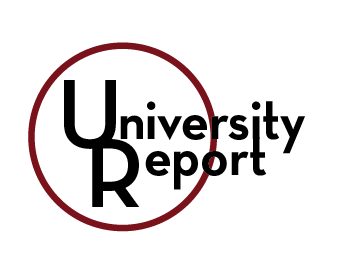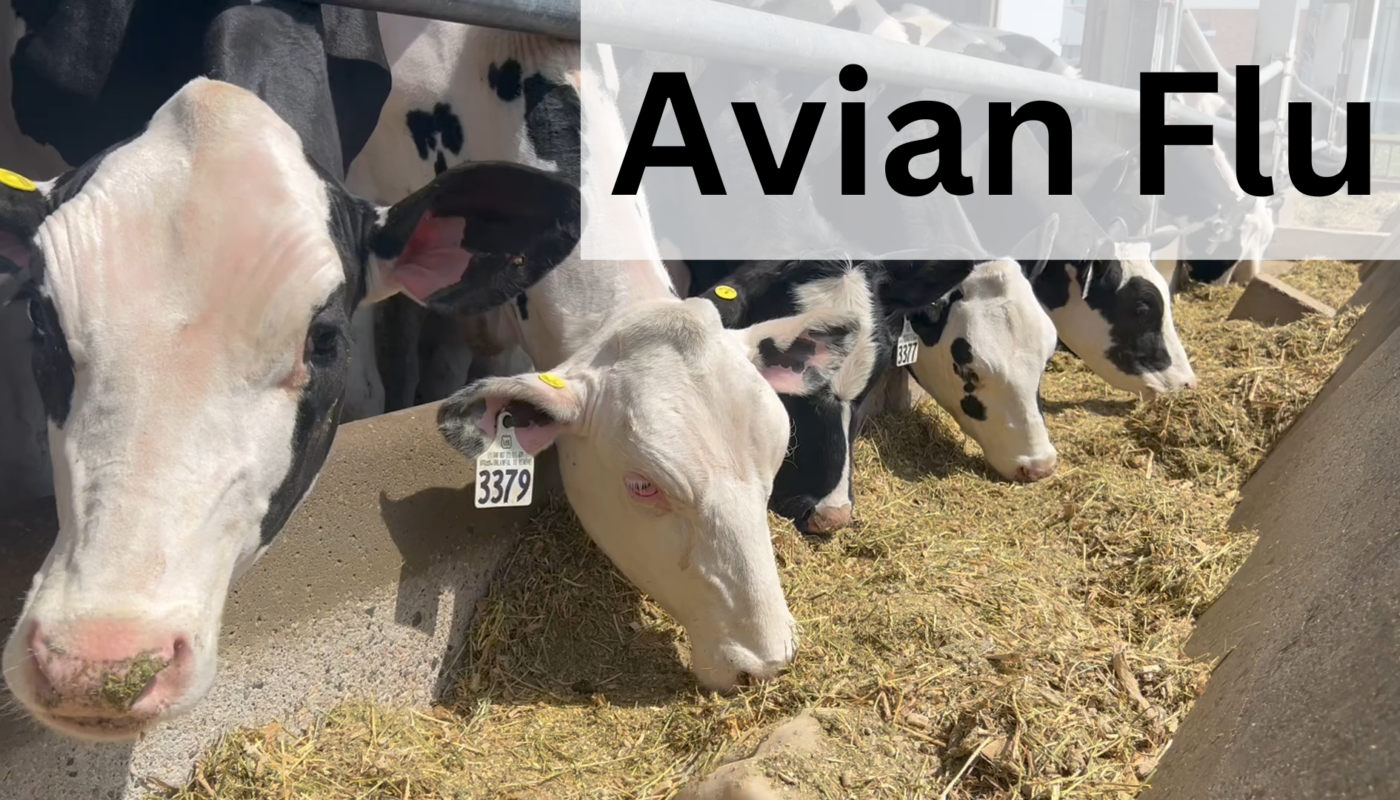The avian flu has been a growing issue in cattle farms nationwide over the last month.
The U.S. Department of Agriculture confirmed that more than eight states have positive cases of dairy milking cattle.
H5N1 is a highly contagious influenza virus found mainly in wild birds. The U.S. Department of Agriculture confirmed that bird flu can now spread from cow to cow.
A cattle production educator, Joe Armstrong, said it would be surprising if the avian flu reached the state.
“We never know what flu is going to do. The more it circulates it can change” said Armstrong.
One issue with the current outbreaks is that there is not enough evidence to show how it spreads from wild birds to cows.
Isaac Haagen, a dairy extension specialist, has many questions about how the avian flu spreads.
“How can you best help the cow, how can you reduce spread?,” said Haagen.
University experts say the USDA has not released a detailed plan on what farmers need to do if a cow tests positive for the avian flu– and because of this creates a bigger problem of dairy farms reporting cases.
“There is no real incentive for a diary to report a problem, so they are not. And so, we might have it here in Minnesota, and we’ d never know, and that is a big issue,” said Armstrong.
Experts say the avian flu reaching dairy cattle can have economic impacts – affecting cows’ milk production and, therefore, the farms’ business. But right now, it is not affecting the supply or the industry.
“We need to be preparing like it is a big deal and if it’s not then we’ll be wonderfully surprised,” said Armstrong.
The future of the virus in Minnesota and its impact is still unclear.
“I think that just it also creates a lot of uncertainty for us, for myself as a researcher just hoping that there will be some more answers,” said Haagen.
The University of Minnesota is taking preventative measures to reduce the chance of the livestock on campus getting infected.



